A gentle iciness, rainy spring and an overly changeable summer season have all long gone some option to boosting slug and snail process this life.
The RHS has won thrice extra inquiries about slugs and snails as much as June this life than it did extreme life in the similar duration, generation cries about field tree moths have additionally greater â two species that have been suffering from the elements.
âWhen climate is hotter, bugs proceed thru their past cycles extra briefly, however they decelerate because it cools,â says RHS entomologist Stephanie Bird. âUsually, whether it is hotter, youâll get extra past cycles fitted in of any given insect, except itâs a actually lengthy past â butterflies have a tendency to have longer lives,â
Horticulturist Monique Gudgeon, field director at Sculpture by the Lakes sculpture terrain in Dorset, says that the particular mulches they importance to give protection to vegetation have now not deterred the molluscs this life.
âDelphiniums, dahlias and lupins have all transform prey, and vegetable seedlings and younger bedding vegetation have additionally fallen sufferer.â
The bugs and molluscs which might be much more likely to resist extremes of temperature higher are those who arenât already suffering, Chook provides.
So, how will this yearâs climate â the sooner rainy duration adopted by means of heatwave â have affected slug and bug populations?
Slugs and snails
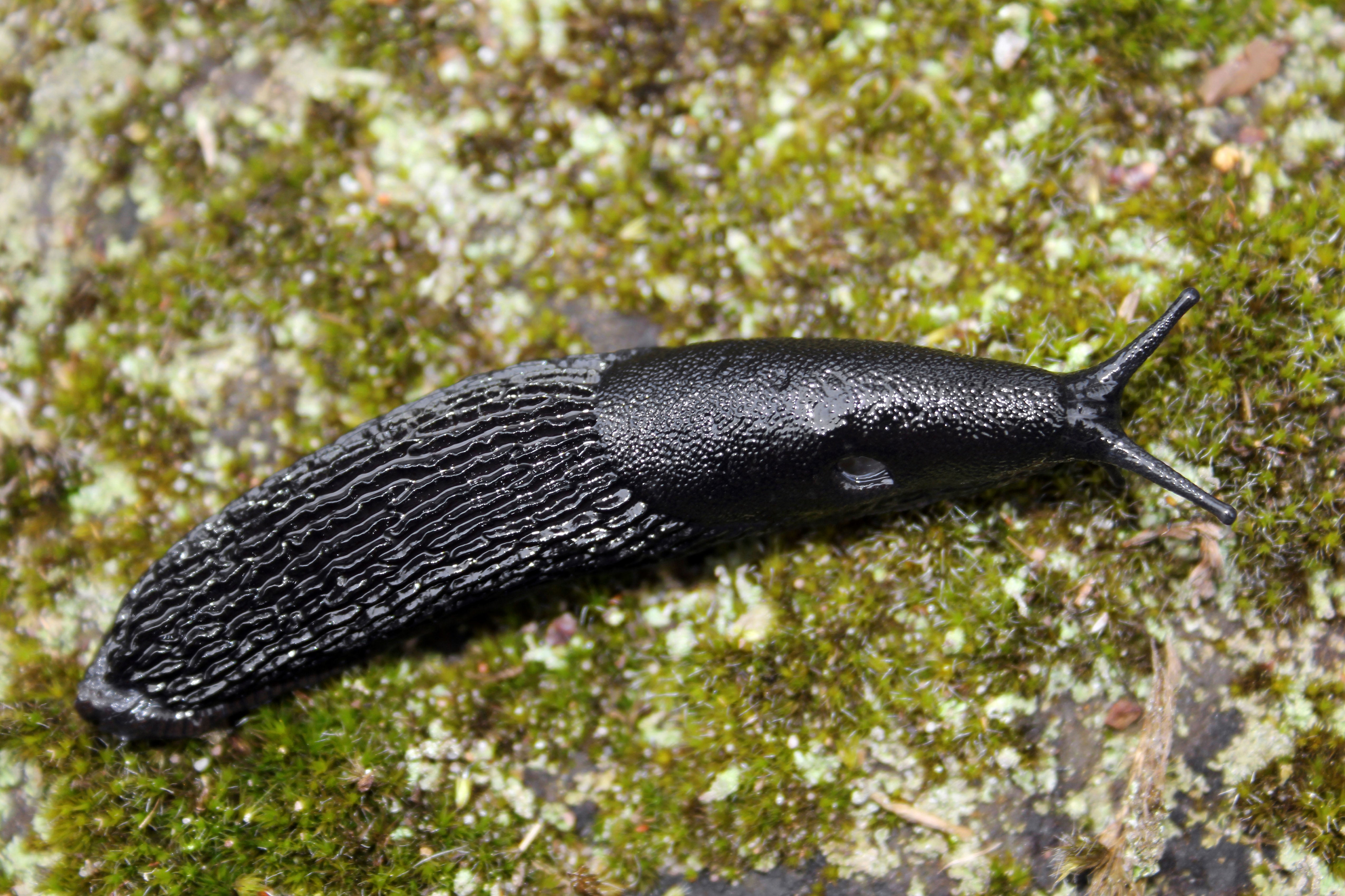
âWe donât know whether or not they’re simply extra lively on account of the elements, so there may now not essentially be extra slugs, however they’re extra lively,â says Chook.
âThey prefer damp, gentle situations, like we had in spring. And in June we won extra inquiries about them than the former June.â
Are populations more likely to build up in heat, damp climate?
âIf they’re lively, feeding smartly and the situations are excellent, they’re much more likely to breed,â she says. Slugs and snails breed all life spherical, however there are peaks similar to situations being excellent for them, when itâs gentle and rainy.
Transient heatwaves, as weâve skilled this summer season, are not likely to have an effect on numbers.
âSnails aestivate, which means that they proceed right into a summer season pleasure and seal up the hole to their shell, which prevents them from desiccation,â Chook explains.
âSlugs will proceed unwell throughout the terrain and to find extra sheltered playgrounds. It might need to be very popular for an overly lengthy duration of era for it to impact them.â
Answers
Entice them in lieu than importance slug pellets, says Gudgeon. Utility the wrong way up hollowed out oranges or melons, or marrow skins the place they’ll disguise right through the future. Upside-down bin lids on supremacy of naked terrain too can paintings. Take away them to someplace smartly away out of your field, corresponding to a hedgerow.
Beer traps also are efficient, as are commercially to be had nematodes, which may also be watered round vegetation that may infect slugs and snails with parasites, which can in the end blast them.
Reserve issues neat and tidy, and unclouded away leaf clutter so there are much less playgrounds for them to cover.
Make a choice your vegetation in moderation, provides Chook. In case you have a quantity of slugs on your field, steer clear of vegetation they love, corresponding to hostas, dahlias and delphiniums.
Aphids
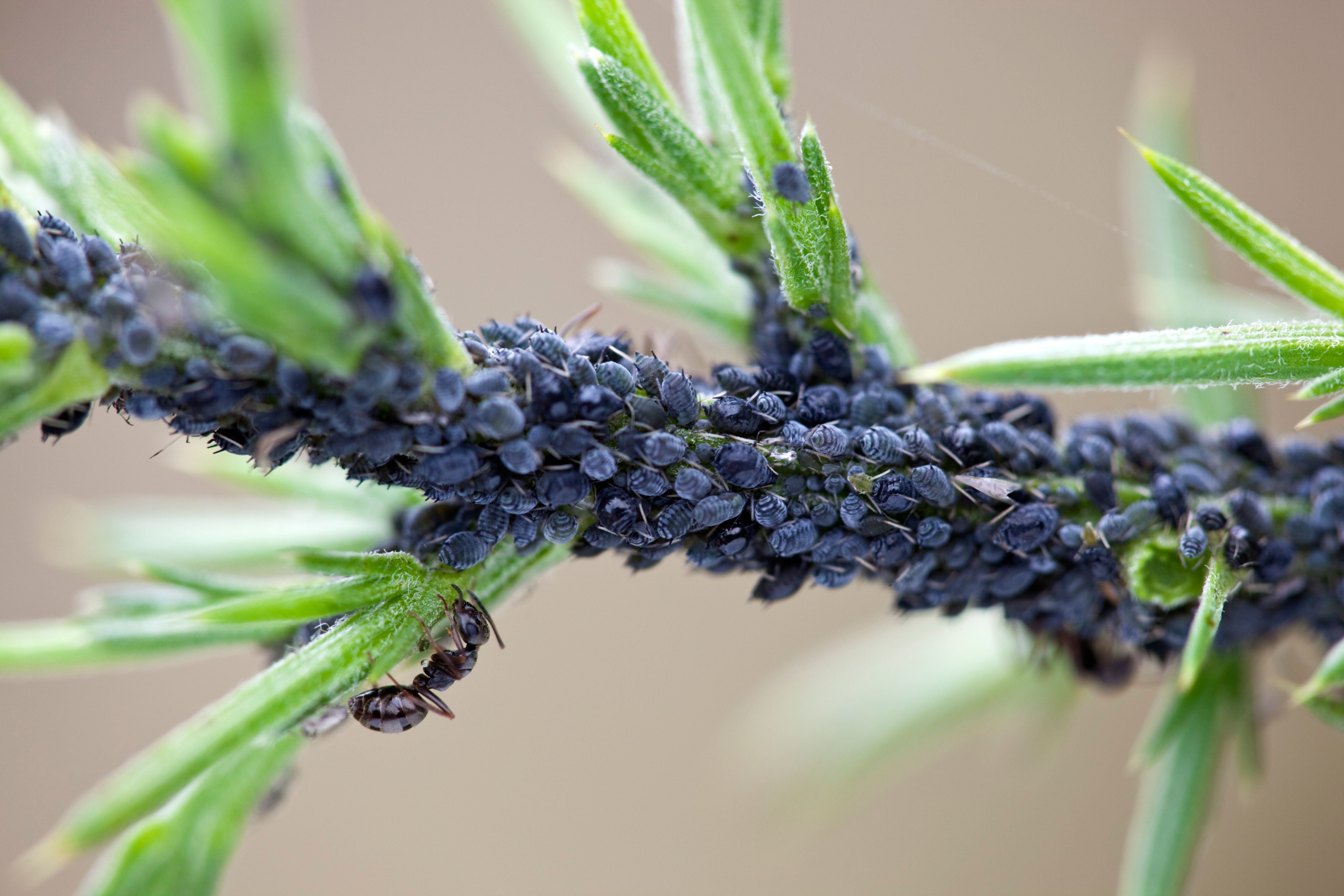
âThere are round 500 species of aphid in the United Kingdom and their construction is similar to the elements and the temperature,â says Chook.
âThey have got a territory of various past methods. Some will spend their complete era on one plant, others will get started off on one plant early within the life and after travel to a 2d plant to proceed their past cycle.â
Colonies have a tendency to multiply in heat climate. âThey aren’t at risk of drying out like slugs, and because the climate warms youâll get extra aphids, however after that might be offset as youâll get extra predators just like the parasitoids, which can devour the aphids,â she provides. Standard predators come with parasitoid wasps, ladybird and hover-fly larvae, and ladybirds.
Field tree moth
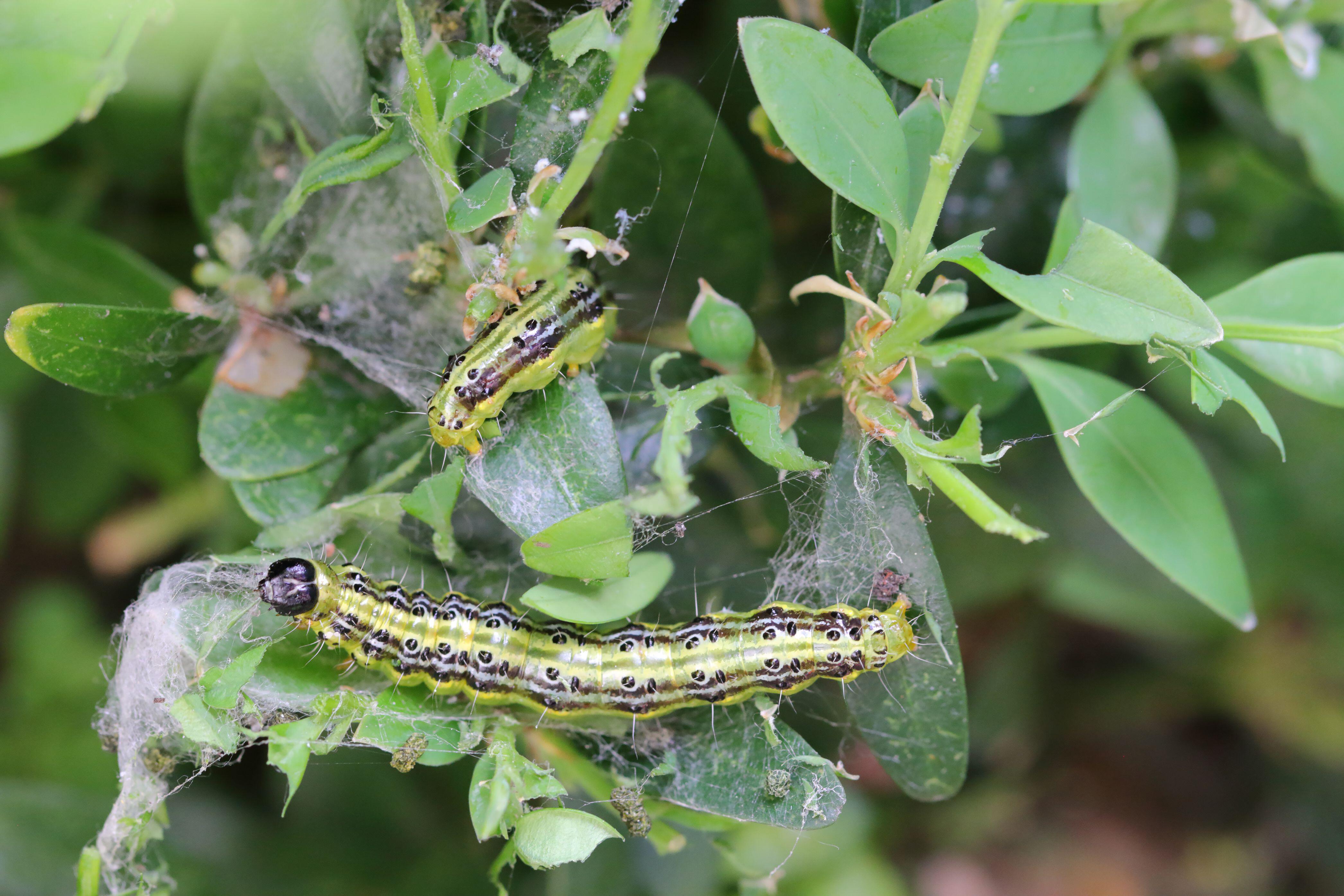
The rise in inquiries about field tree moths could be all the way down to the gentle iciness and spring, which might inspire the caterpillars to be lively previous and feed previous, Chook explains.
Then again, if the moths have produced an difference month, they might not be excellent at overwintering.
âWe canât say evidently how how itâs getting to be affected, even in customary situations,â she says, for the reason that the field tree moth is a reasonably unutilized arrival from south-east Asia, first recorded in Kent in 2007.
Eggs and larvae
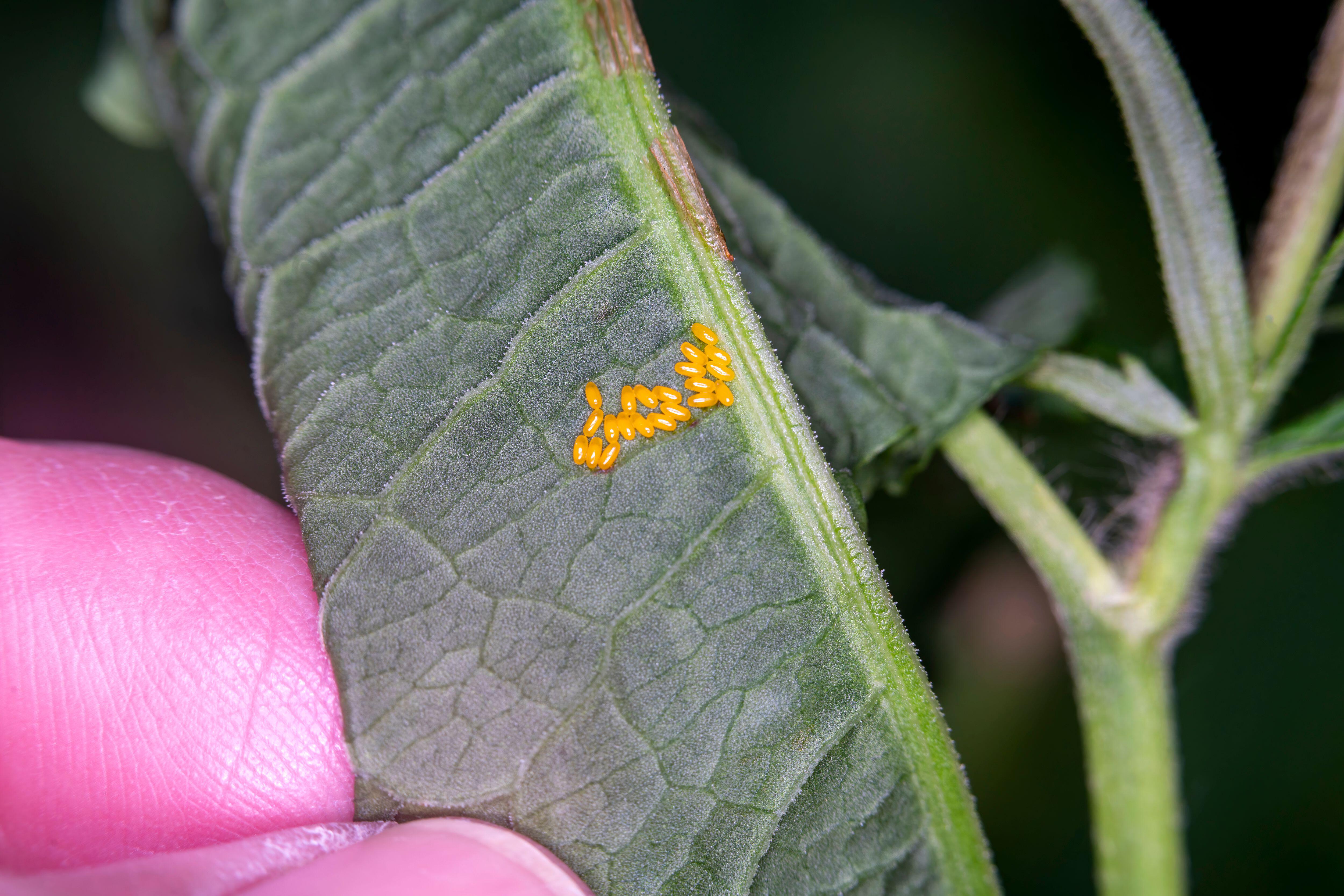
Chook does now not suppose those might be suffering from torrential downpours or mini-heatwaves.
âFor example, with the field tree moth, a quantity of the eggs are laid at the underside of leaves in hazy foliage, the place they’ll be secure. Rainfall wonât have an effect on eggs except theyâve been laid in a unpriviledged place. Temperature would have extra of an impact than raindrops.
âA overdue frost, as an example, may hurt populations as a result of they’re extra susceptible. Because the condition adjustments we’re eye other bugs having the ability to make bigger additional north.â
Survival modes
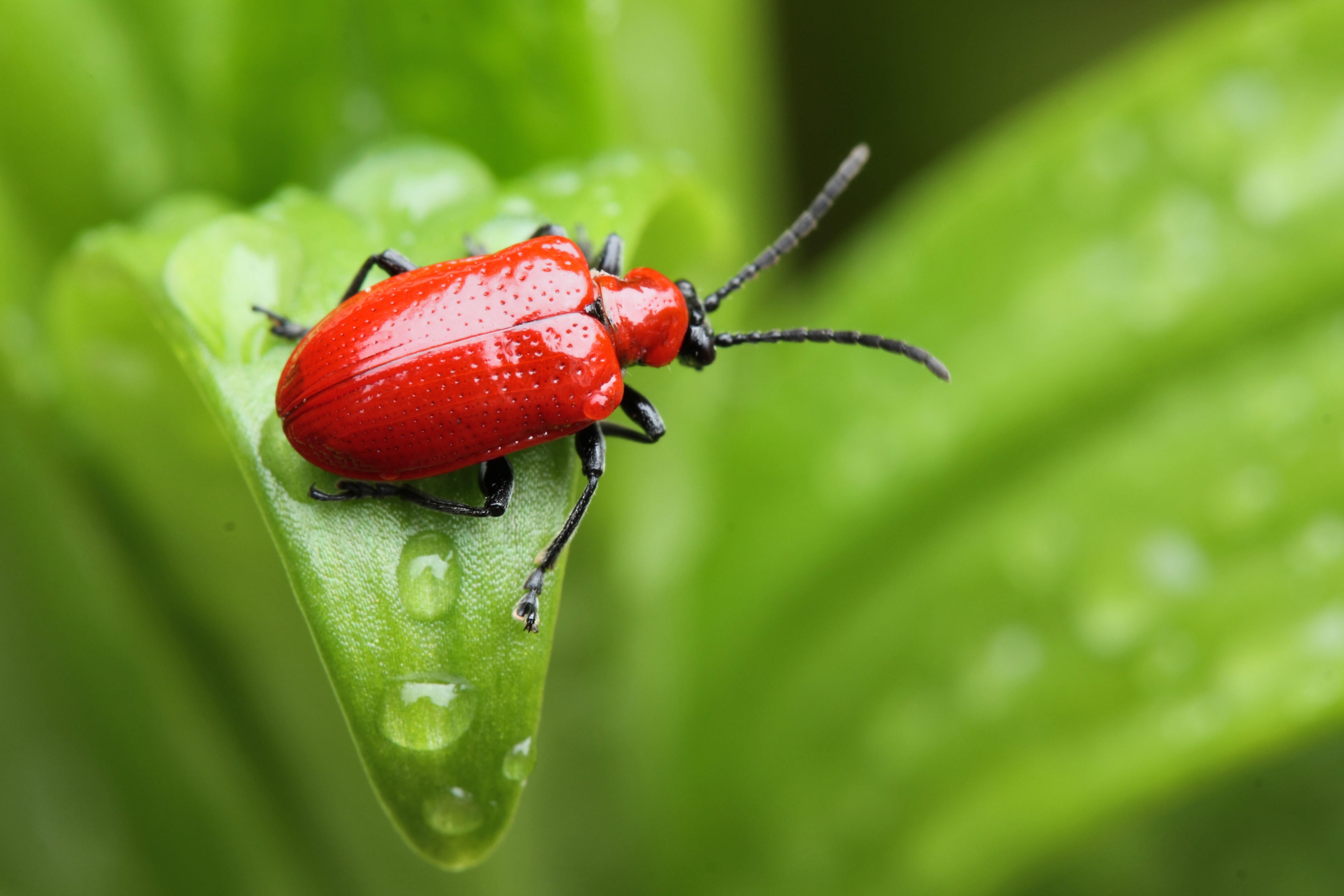
âTypically, bugs can take care of a couple of rainy days, a couple of chilly days and a couple of scorching days by the use of other methods. Bugs can proceed right into a condition the place if it will get chilly, they importance very tiny power, necessarily changing into paused.
âVery mini caterpillars can input this diapause condition over iciness, and after require a suite collection of days over a threshold temperature to transform lively once more,â says Chook.
âIf the temperature after drops, they may be able to re-enter diapause.â
What you’ll do
Gudgeon says: âNormally, there are organic controls which may also be old to discourage pests and let fall numbers of repeat offenders like white fly, asparagus beetle, cabbage white caterpillars, and vine weevil.
âI importance many alternative predators particularly for vine weevil grubs right through the summer season in our nursery and the pots across the fields, but additionally within the greenhouse over iciness, which generally is a comfortable playground for pests to cover.â



